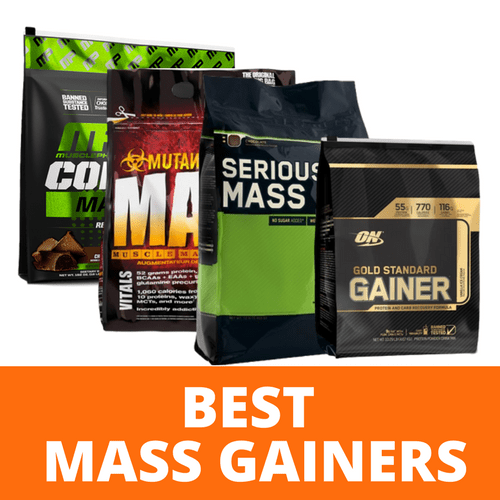Always wondered about protein powder? Read the Ultimate Guide to Protein Powder and determine the differences between the different types of protein powder available.
Protein
Protein is a macronutrient that is essential for cellular growth and regeneration, as well as for the development and repair of muscle tissue. Naturally, for this reason, protein powder supplements are without question some of the most popular and best-selling supplements on the market today popular, especially amongst athletes and bodybuilders.
There are many different variations of protein powder supplements available for purchase; however, coming from various sources, with each one having its particular uses, as well as multiple pros and cons.
Here’s a more in-depth look at protein powder supplements to help figure out which, if any, could be right for you.
Concentrates versus Isolates
When shopping for protein supplements, one of the first things you’ll notice is that many of them can be purchased in either a concentrated form or an isolated form, with isolates usually being more expensive than concentrates.
Protein comes from a number of different food sources, with concentrated forms removing around 70 – 85% of the non-protein ingredients, leaving around 70 – 85% protein, and the remaining 15 – 30% being made up of carbohydrates and fat.
Protein isolates basically remove even more of the non-protein ingredients, so typically the protein will be 85 – 95% pure protein, which is why it costs more.
Whey Protein
Whey protein is the most popular sports supplement in the entire world, and whey protein sales alone generate billions upon billions for supplement companies every single year. Whey protein is derived from milk, typically cow’s milk, and is basically a by-product left behind when milk is turned into cheese. The milk separates into curds (cheese) and whey, which is the protein.
Whey protein is a fast-absorbing protein that helps promote lean muscle gains, post-workout recovery and fat loss. It is rich in amino acids, which basically are the building blocks of protein, and it is available in concentrated, and isolated form.
Hydrolyzed Whey
As if whey protein concentrates and isolates weren't enough, we also have hydrolyzed whey protein as well. Hydrolyzed whey protein is basically processed so it is broken down into fragments of protein which are much smaller, via a process known as enzymatic hydrolysis.
As the protein molecules are much smaller, they are absorbed much quicker, and as a result can get to work much faster.
Casein Protein
Casein protein also comes from dairy sources, though casein protein is molecularly different in structure to whey protein, and as a result it is absorbed much slower and releases a steady stream of protein and nutrients into the body over a prolonged period of time.
Many bodybuilders will drink casein protein before bed, as it will keep their bodies in an anabolic muscle-building state as they sleep.
Pea, Soy, and Rice Proteins
Not all proteins come from dairy sources, which is ideal for vegans or people unable to consume dairy for medical or personal reasons.
Some proteins can be derived from other sources, including pea, soy, and rice. Soy beans for example, are full of protein and provide a complete list of amino acids. Rice protein is derived from brown rice and is packed full of fiber and B vitamins, as well as amino acids. It is also very easily digestible and so is fast-absorbing. Pea protein is derived from yellow split peas, and it too is easily digestible.
Which Protein is Best?
The simple answer for this is that there is no one best protein, as it all comes down to your goals and targets.
If you’re looking for a fast-absorbing post-workout protein, for example, hydrolyzed whey protein would be the best choice, as it is so fast-absorbing and therefore gets into your muscles quickly.
If you need to feed your muscles for several hours as you sleep, however, casein protein would be much better for you because it is a slow-digesting, slow-absorbing protein that feeds the body for several hours.
Vegans and people with food allergies such as lactose intolerance would be better suited to soy, pea proteins, or rice proteins.
Users can even mix and match so perhaps a whey protein mixed with water immediately following a workout, along with a casein protein shake before bed.
There is no ONE best protein as it all depends on your own goals, targets, and dietary requirements.




